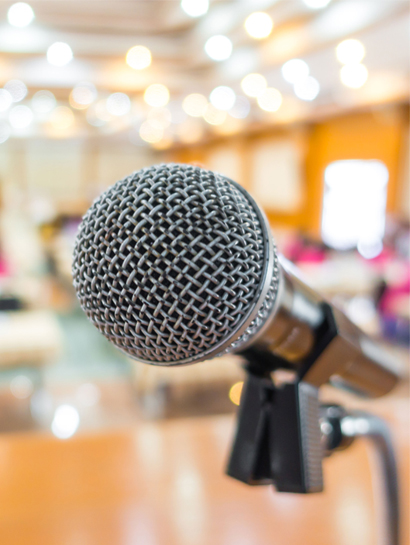Stroke Rehabilitation
Stroke rehabilitation, also referred to as "rehab," aims to assist individuals in regaining as much independence and quality of life as possible following a stroke. Rehabilitation after a stroke can have positive effects on physical, emotional, social, and spiritual well-being. It plays a crucial role in restoring health, function, and overall well-being. Thanks to advancements in stroke treatment and rehabilitation, the future looks brighter for stroke survivors. Effective stroke rehabilitation requires a collaborative effort between the patient, their family, and the rehabilitation team. Family members need to understand the physical and mental changes caused by a stroke and learn how to support the patient in their recovery. Stroke therapy can be provided in various settings, with doctors, therapists, and case managers determining the most suitable environment based on the severity of the stroke and the potential for recovery. It is important to note that the sayings "no pain, no gain" and "use it or lose it" do not apply to stroke victims. Excessive exercise may not always be beneficial, and patients should progress at their own pace with the guidance of a safe and effective rehabilitation program. Throughout the recovery process, patients may transition between different levels of care.
- Acute Rehabilitation
- Subacute or Skilled Nursing Rehabilitation
- Outpatient Rehabilitation
- Rehabilitation In the Home
- Nursing Home Restorative Care


